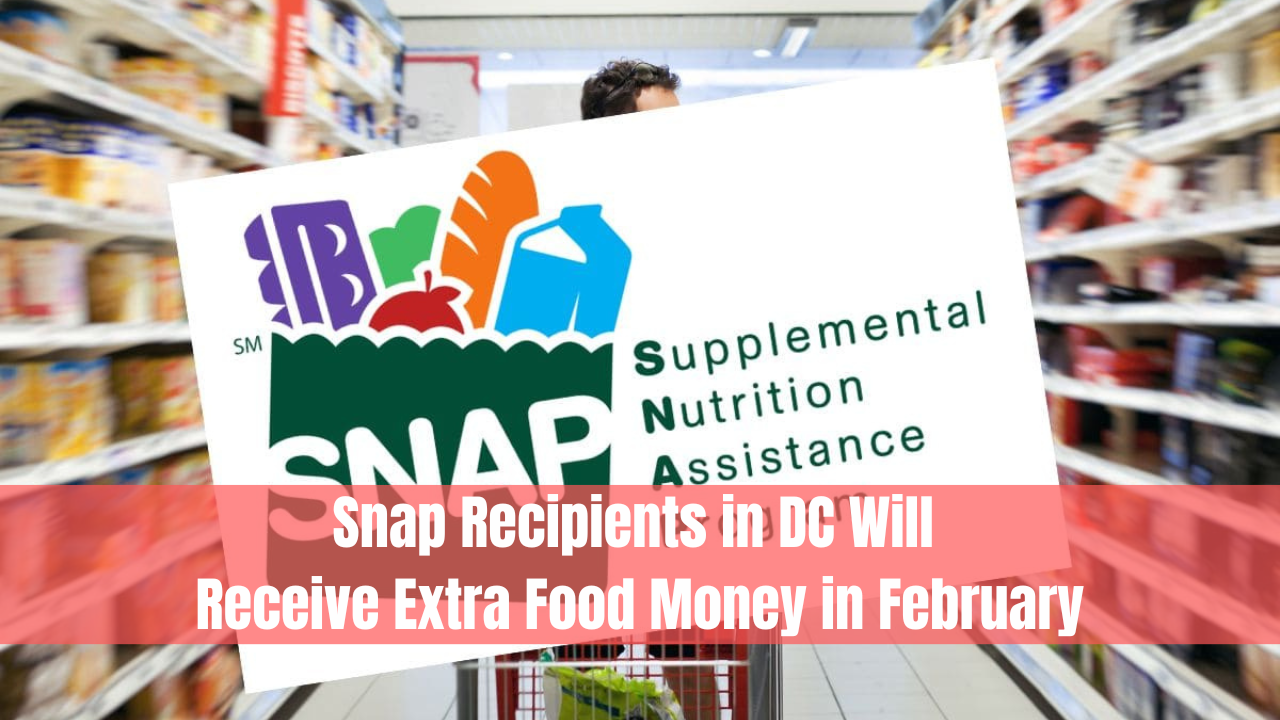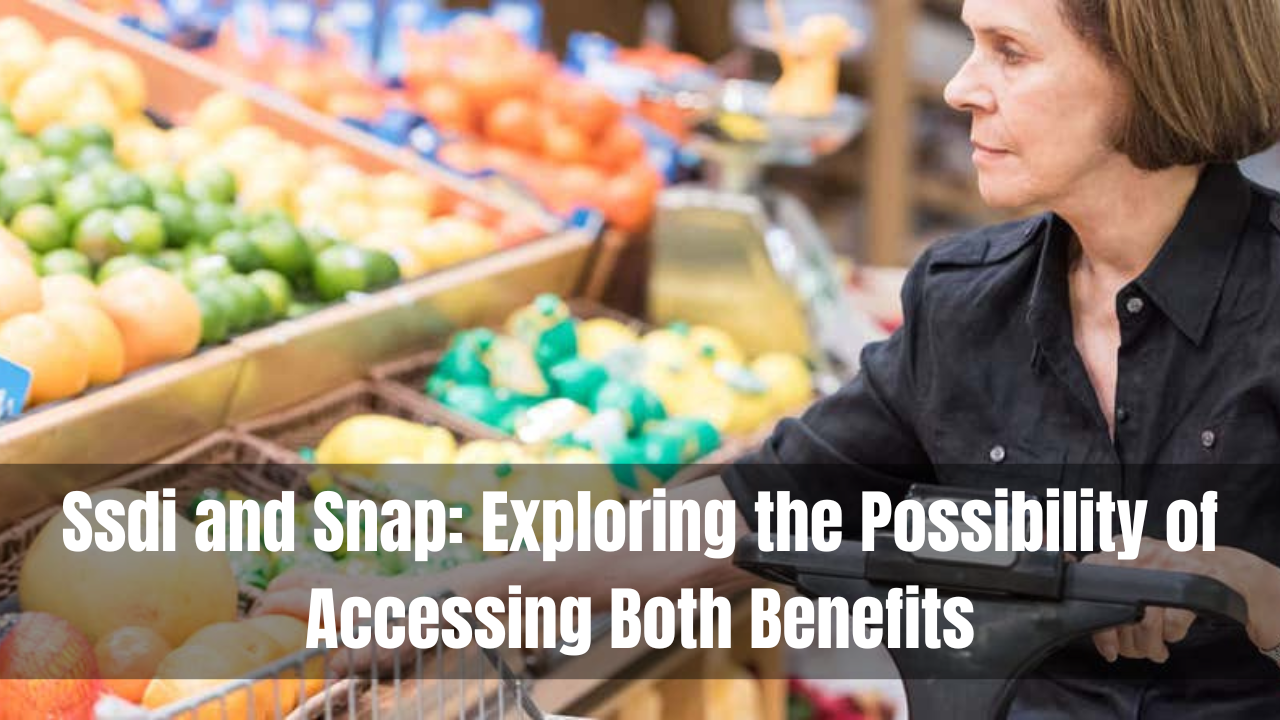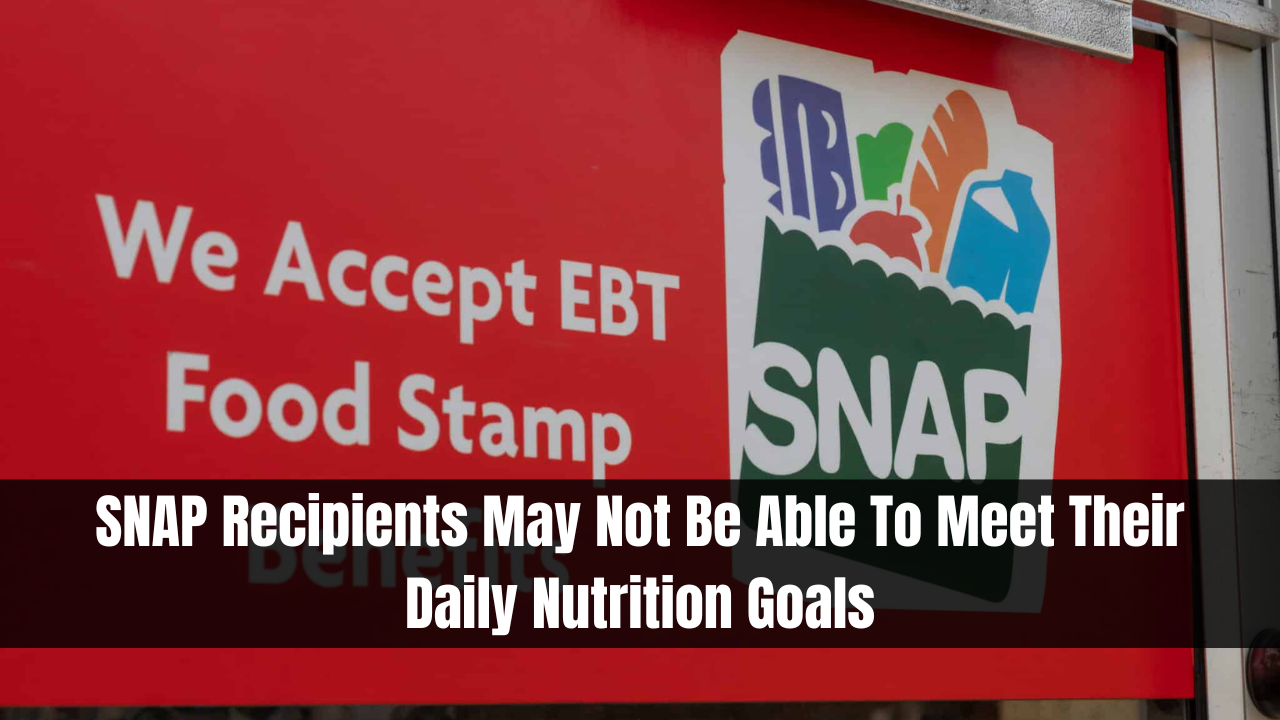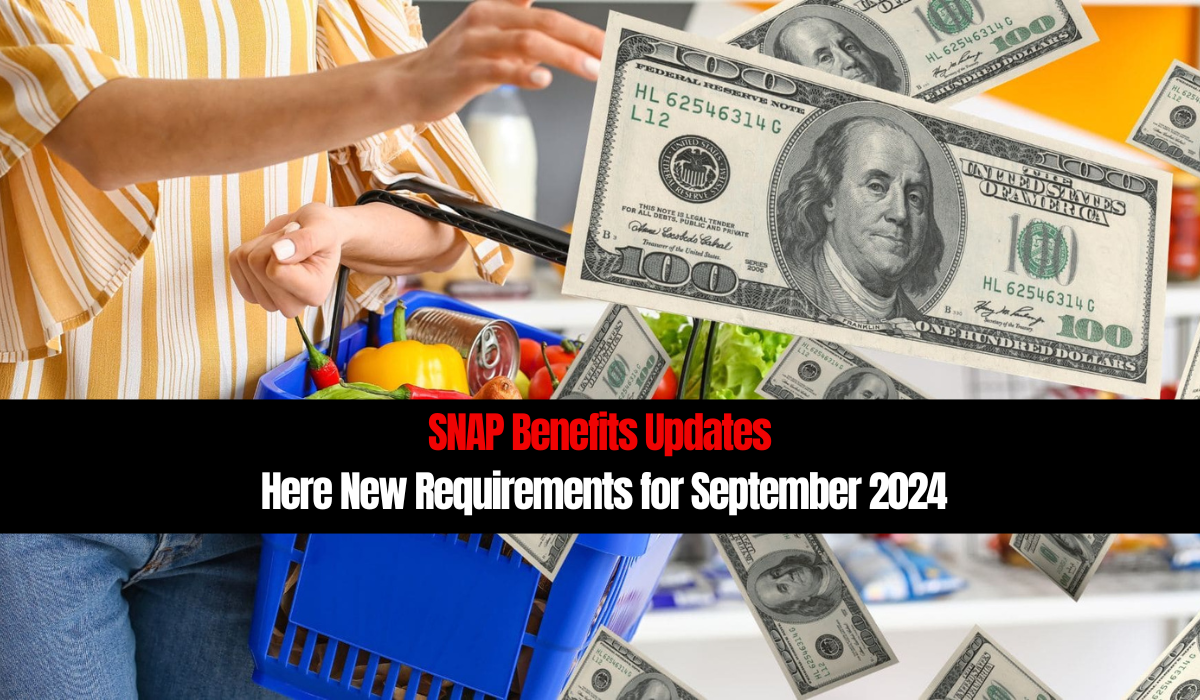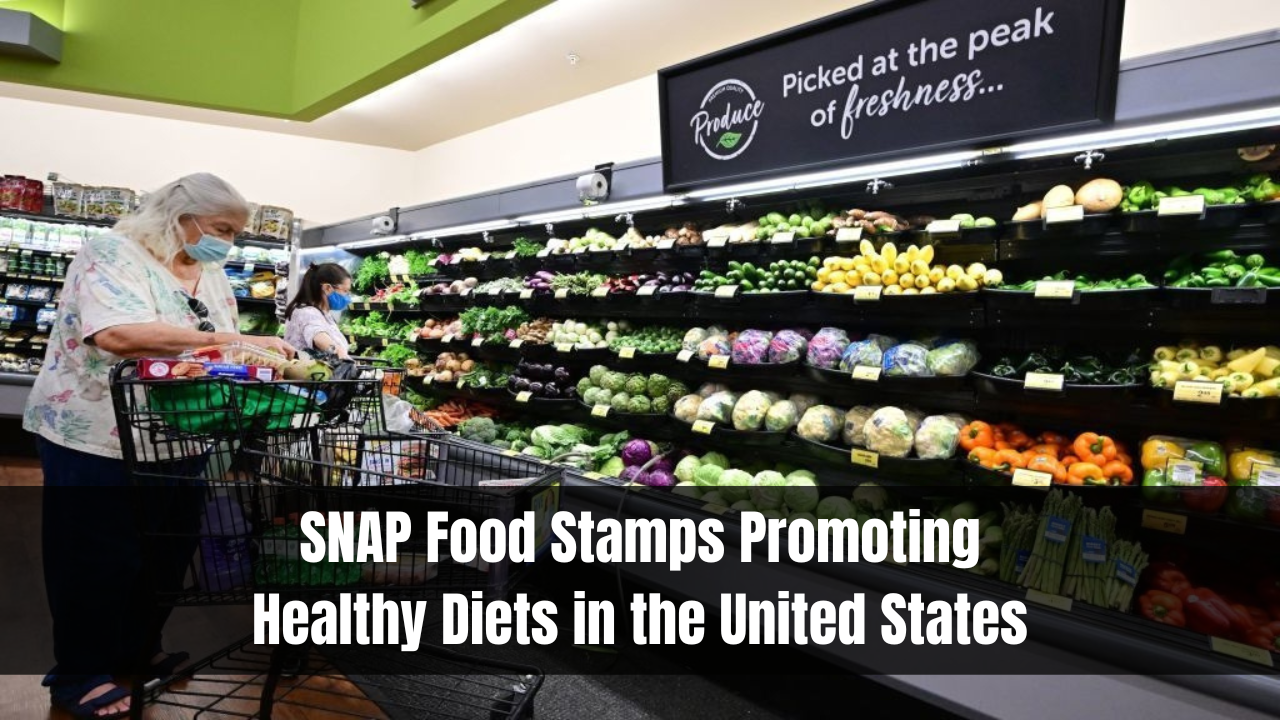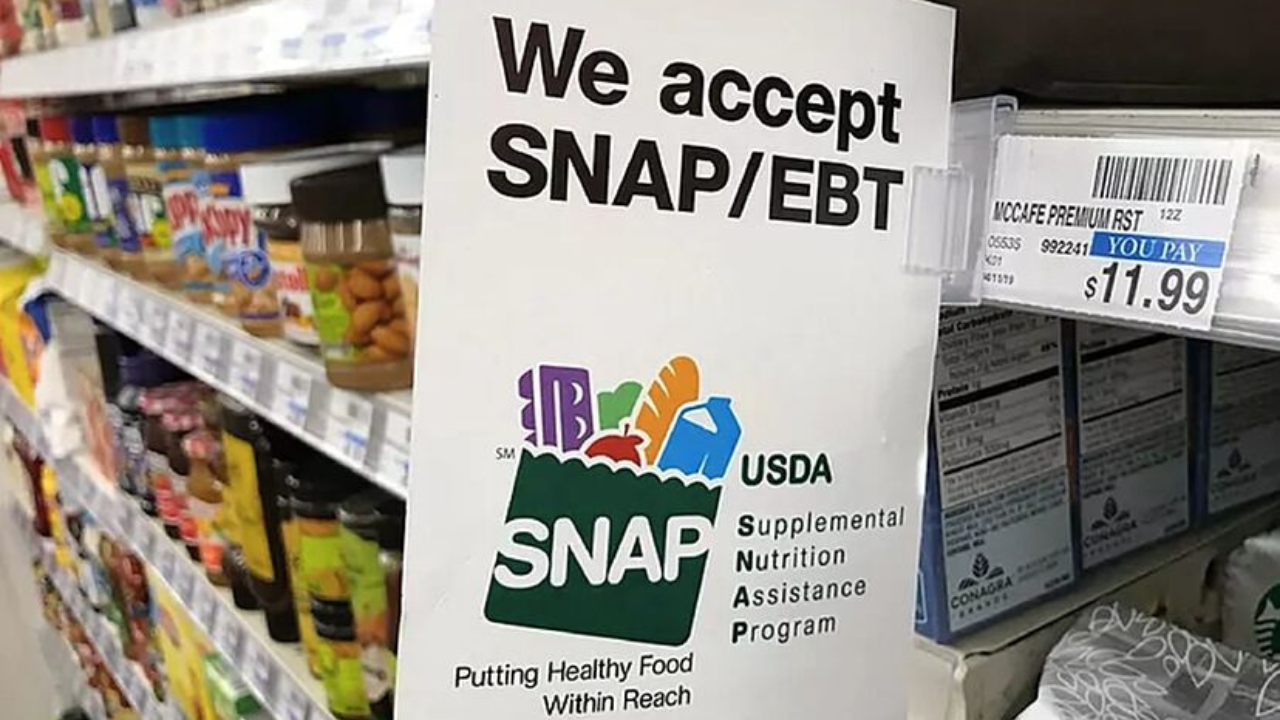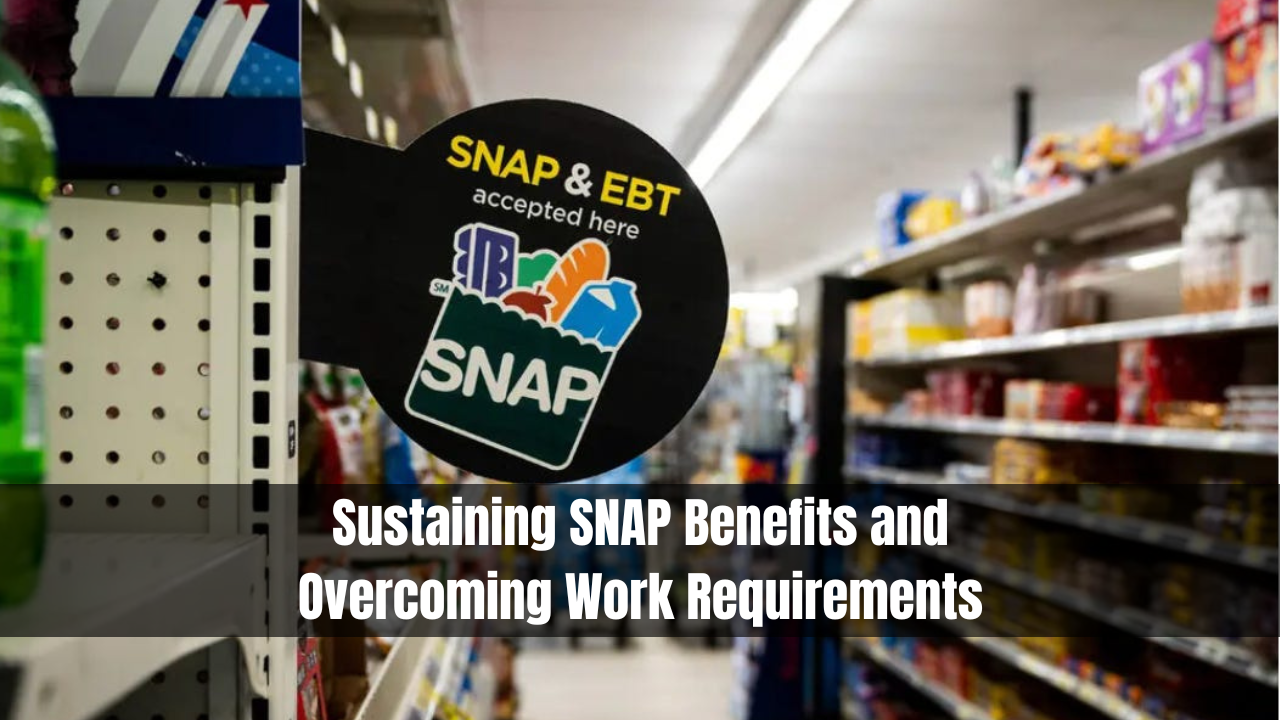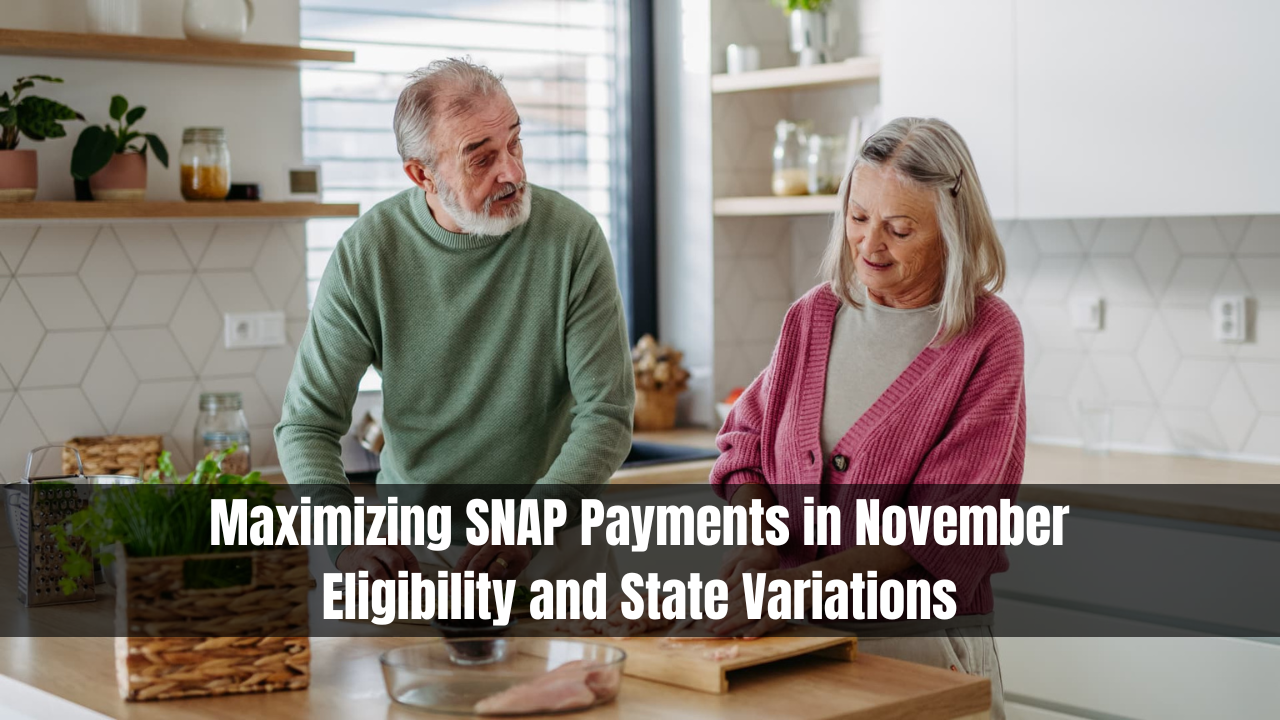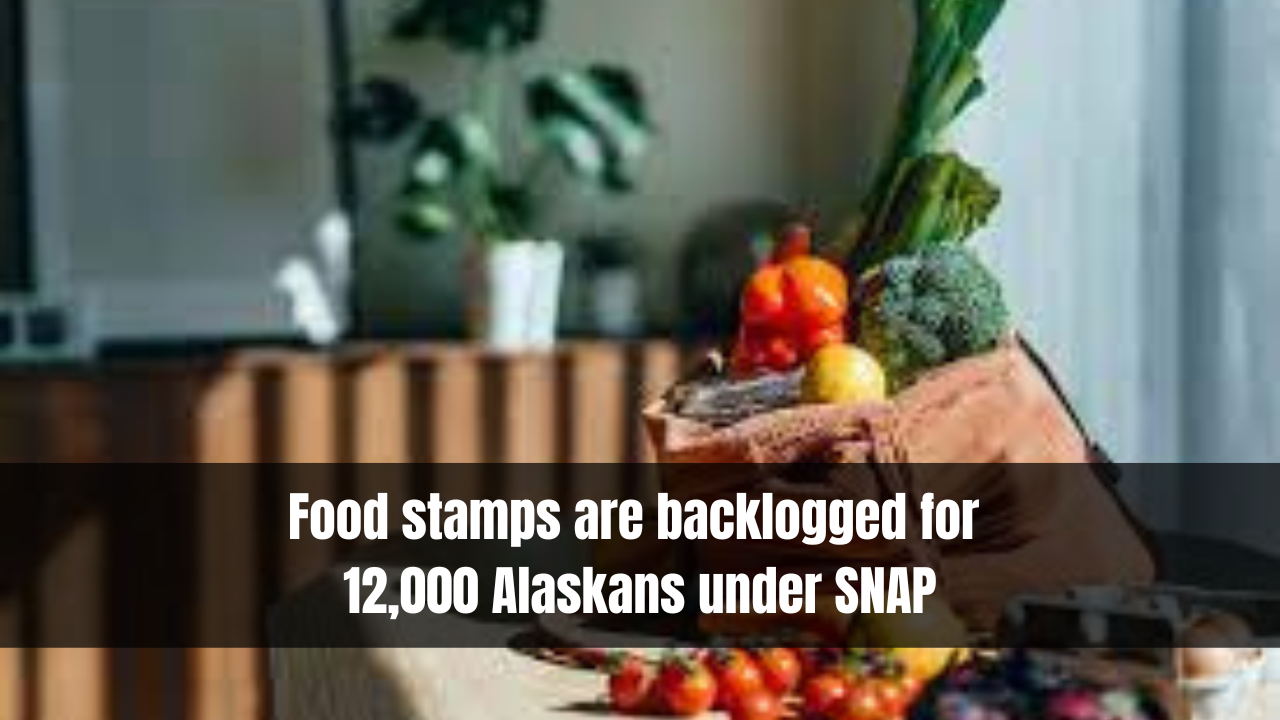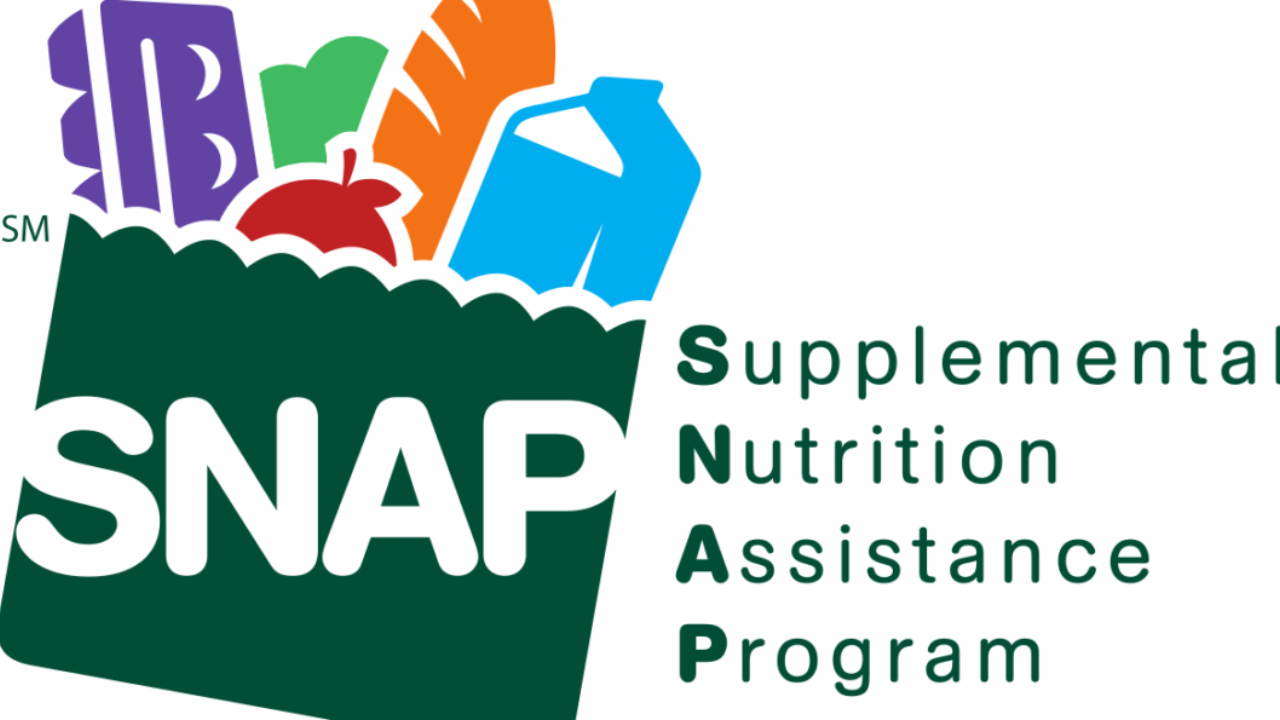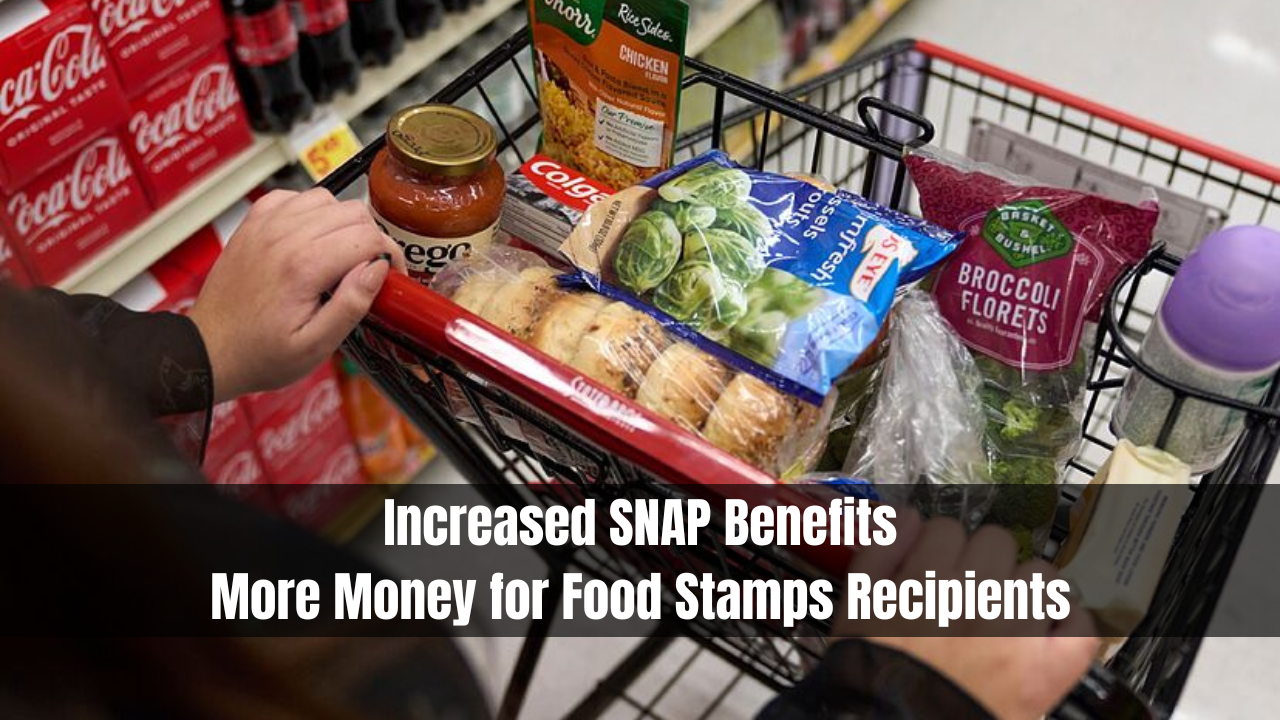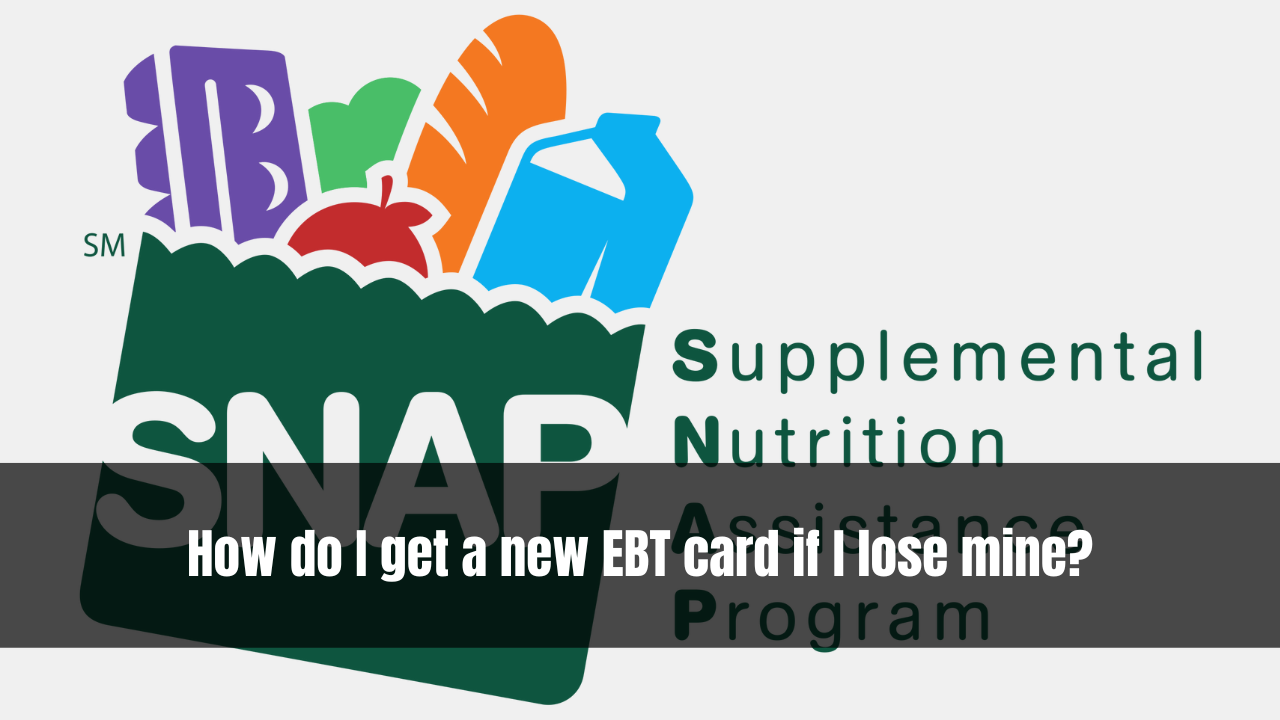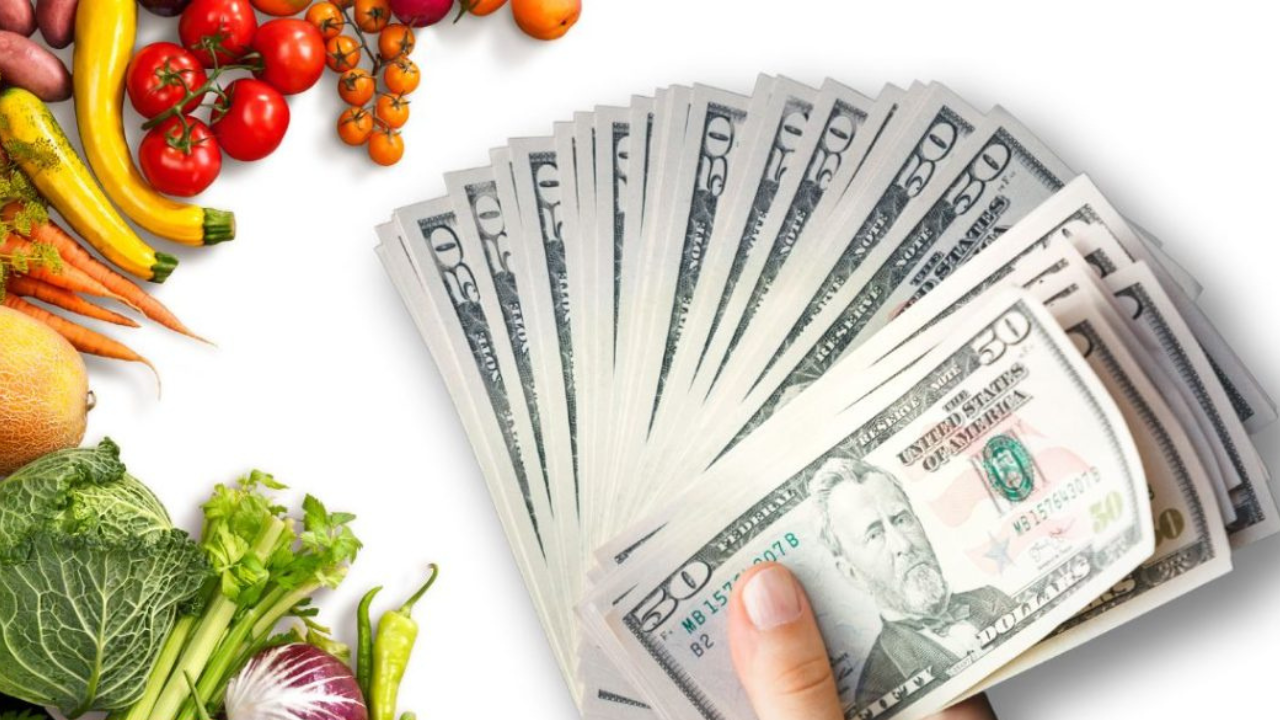SNAP Recipients in DC Will Receive Extra Food Money in February. In February, residents of Washington, D.C. receiving SNAP benefits can anticipate a boost in their assistance for purchasing food. This initiative follows a previous reduction in benefits for families in March when federal pandemic relief funding was exhausted.
Legislative Response
To address the decline in benefits, the D.C. Council enacted legislation mandating the allocation of approximately $38 million from the budget surplus to elevate SNAP benefits by 10% over nine months. This decision hinged on the condition that the District experienced a budget surplus, which it did at the conclusion of the last fiscal year.
Legal Action
Despite the surplus, Mayor Muriel Bowser initially resisted utilizing the funds for SNAP, prompting legal action by organizations like Legal Aid DC. The administration’s commitment to comply with the law materialized just before a potential lawsuit was filed.
Implementation Timeline
The Bowser administration recently confirmed that the augmented payments will commence in February, with retroactive effects to January. SNAP recipients can expect additional funds for January and February to be available on their EBT cards starting Feb. 23.
Controversial Stance
Mayor Bowser expressed reservations about allocating the surplus for SNAP, citing more pressing needs like housing. She stated her belief that signing the law was an error, emphasizing alternative priorities for the allocated funds.
Impact on Individuals
The average monthly SNAP benefit is approximately $188, resulting in an increase of about $18 per month per person due to the 10% elevation in benefits.
Conclusion
The decision to enhance SNAP benefits reflects a complex interplay between legislative mandates, legal pressures, and differing perspectives on budget priorities. As the increased payments take effect, the broader implications of this decision on residents and the ongoing discourse surrounding the allocation of surplus funds remain key points of interest.
